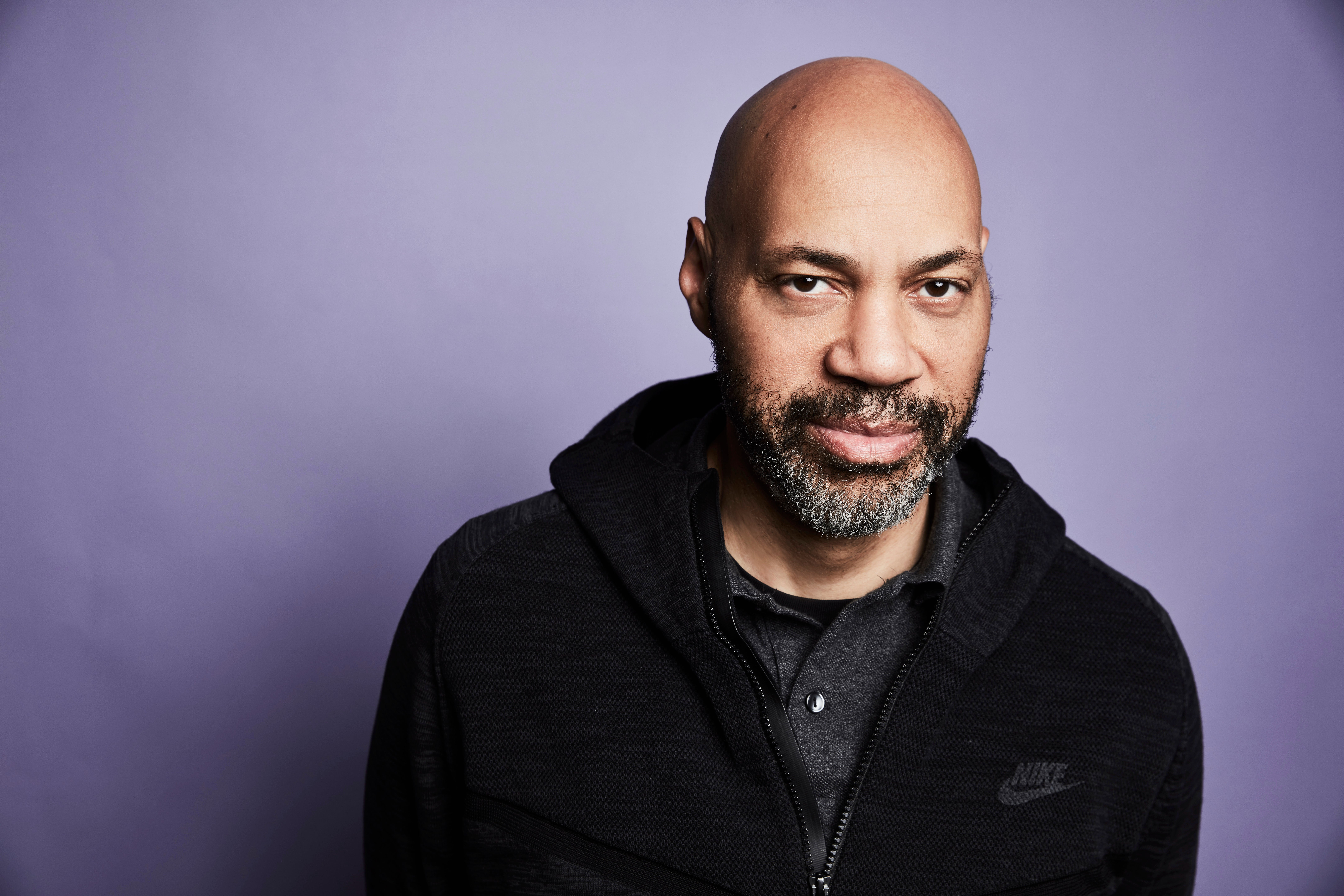
Showtime’s upcoming series Guerrilla is getting a lot of heat for the lack of representation of Black women in Britain’s revolutionary movement.
The six-part series stars Idris Elba, Freida Pinto and Babou Ceesay, who play activists in London attempting to free a political prisoner in the 1970s. Ceesay and Pinto, the show’s lead characters, play lovers. But while the film tells a necessary story, there were a lot of questions at the London screener. One repeatedly asked by attendees? Where are the Black women revolutionaries in the series?
As shown on their website, Zawe Ashton and Wunmi Mosaku are the only Black women highlighted in the series, but Mosaku’s character is “forced to recruit Black snitches” as an undercover cop. As if minimizing Black women from the forefront of a revolution they took part in, it was the response from the show’s creator, 12 Years A Slave director John Ridley, that really raised eyebrows.
“My parents were a part of that movement [black power],” said the first audience member “I want to understand why you decided [to make] an Asian woman the main protagonist.”
“I understand the contribution of Asians to this, but having an Asian protagonist making all the big decisions… does that get explained in subsequent episodes? We can’t ignore that,” she continued.
Subscribe to our daily newsletter for the latest in hair, beauty, style and celebrity news.
“If everybody understood racism, oppression… there would be no reason to be doing this show,” Ridley said. “We would be doing Dancing With The Stars.”
Another audience member rephrased the question for Ridley to answer.
“I’m not sure you quite answered the question – why are there no Black women at the forefront of the struggle? That doesn’t necessarily accurately reflect what happened in the 70s in the UK,” she said.
Ceesay was taken aback by the suggestion: “Wow, really? You know this because you read about it?”
“No, we know this because our parents were a part of it,” she responded.
With audience members now having vocal disagreements amongst themselves – with one loudly describing it as “the erasure of Black women” – Ridley launched an impassioned defense of his project:
“I said previously, I think the characters in this story are complicated across the board, so the concept that any one person is somehow better, or more elevated, or more appropriate than any other individual, I’m sorry, I don’t accept that. I don’t want to make this overly personal, but part of why I chose to have a mixed race couple at the centre of this is that I’m in a mixed race relationship. The things that are being said here, and how we are often received, is very equivalent to what’s going on right now [in the wider world]. My wife is a fighter, my wife is an activist, and yet because our races our different there are a lot of things we have to still put up with.” he said, visibly holding back tears according to Screen Daily.
It’s totally understandable that art imitates life, which is what Ridley is implying. But what he’s struggling to answer is the reality that the movement wouldn’t be what we know it to be if not for Black women in the 1960s and 70s.
Simply doing some research would pull up the names of Olive Morris of the British Black Panthers, Stella Dadzie of Organisation of Women of African and Asian Descent, and activist Claudia Jones— all Black women revolutionaries in Britain during the 1960s and ’70s.
Just because you don’t look for something, doesn’t mean it doesn’t exist. And Ridley, being a Black man, should know better than this.